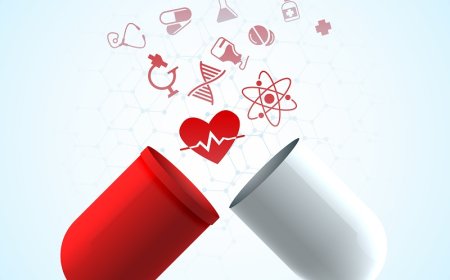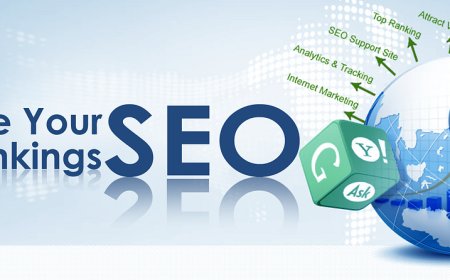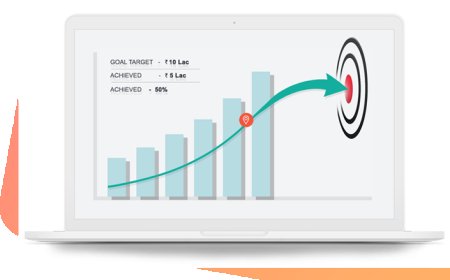From Admin to ICU: Where AI in Healthcare Services Is Making the Biggest Impact
With the world of medicine evolving, AI in healthcare servicesis no longer just confined to theories. Artificial Intelligence is transforming the way modern-day healthcare systems operate and patient experiences are being delivered today. Be it administrative tasks or patient care in Intensive Care Units (ICUs), AI is enabling best results in patient-centric care, boosting accuracy and optimized processes throughout, across all departments.
AI in Healthcare Services: Admin & ICU Featuring The Biggest Impact
The following are the areas where AI is making the biggest impact -
1.Administrative Efficiency
AI in healthcare servicesis making a noticeable impact on hospital administration operations. With the help of AI-powered chatbots and VAs (virtual assistants), patient appointments and enquiries are being handled more effectively. Since these are basic routine activities, automating these tasks helps reduce the workload of the front desk. Additionally, patients are likely to receive faster responses with fewer chances of errors because of on-the-ground tasks like insurance verification, medical billing, and claims processing all being handled by AI platforms and chatbots.
2.Clinical Decision Support
One area where AI in healthcare services is making a big difference is the manner in which it is enabling effective and faster clinical decisions. It can process vast and muti-faceted data of patients from different sources, including lab reports, to medical history and imaging reports. Doctors are assisted by AI to obtain accurate and deeper insights into causes of diseases, backed by suggested diagnosis and proposed treatment plans.
In the field of radiology, for example, Artificial Intelligence assists in accurate detection of tumor size and location, extent of malignancy, etc. This helps reduce diagnostic delays with the chances of improved outcomes. Similarly, due to the use of image-recognition tools powered by AI, impressive improvements have been seen in pathology, dermatology, and ophthalmology.
AI in the ICU: Critical Care in Real-Time
The Intensive Care Unit (ICU) is the most critical environment in hospitals and clinics. AI in healthcare services, especially in ICUs, depend on complex AI algorithms to continuously monitor life-saving vitals of patients and outputs from medical devices.
This way signs of deterioration can be identified instantly. For example, different conditions, like sepsis or respiratory failure hours can be forecasted using the predictive analytics model of AI. This gives the medical team significant time to intervene and manage dosages, ventilator settings, and more.
Conclusion
AI in healthcare services contribute in different ways, from managing appointments to supporting life-saving intervention. There is no denying the fact that AI is a powerful tool. It has impacted workflows and outputs in different industrial settings. In the healthcare industry, it has potential to address different layers of patient care for cost-effective results.
AI chatbots have helped reduce manual errors in administrative services. It is facilitating improved patient experiences with targeted efforts in Intensive Care Units. The bottom line is that a lot can be achieved with AI-enabled proactive care. Thus, it is proving to be an indispensable tool for modern hospitals.






































